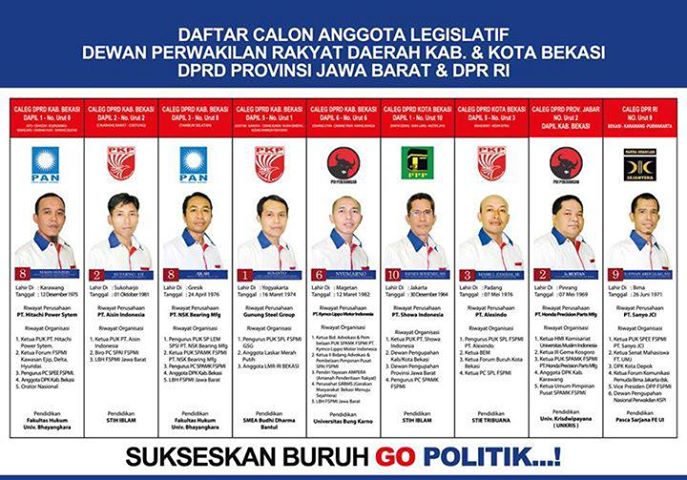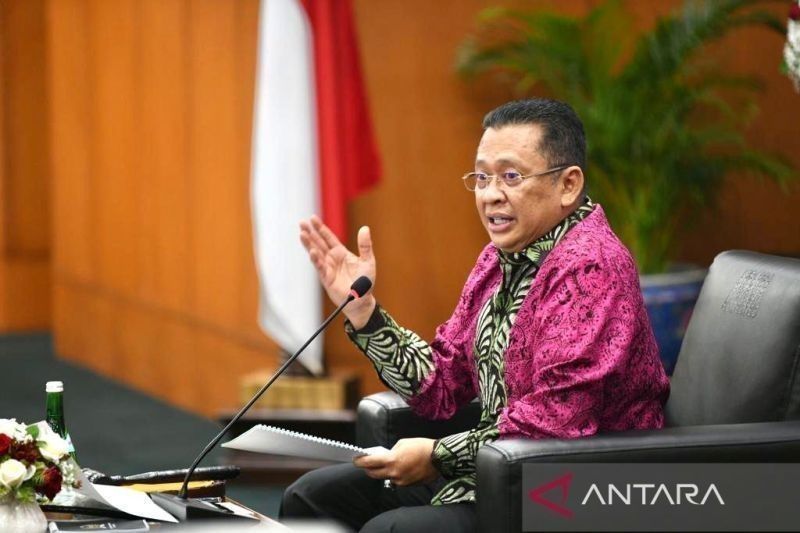Archbishop Petrus Canisius Mandagi of Merauke in South Papua province says he is seeking “the voice of peace”
Sacred Heart Archbishop Petrus Canisius Mandagi of Merauke meets with Pope Francis during a general audience at St. Peter Square on Sept. 21. (Photo supplied)
Published: September 29, 2022 10:47 AM GMT
Updated: September 29, 2022 10:50 AM GMT
Sacred Heart Archbishop Petrus Canisius Mandagi of Merauke in Indonesia’s South Papua province says he has personally invited Pope Francis to visit his archdiocese, calling him “the voice of peace.”
The 73-year-old prelate arrived in Jakarta on Sept. 28 after visiting Rome last week along with several Indonesian members of the St. John Paul II Foundation, a Catholic apostolate proclaiming the Good News about life and family through education and formation, for their international meeting.
Speaking to UCA News on Sept. 29, Archbishop Mandagi said he had a chance to meet with Pope Francis during a weekly general audience at St. Peter’s Square on Sept. 21.


“It was not long, only about one or two minutes. As an Indonesian bishop from the Papua region, however, I used the chance to deliver my personal invitation for the pope to visit Indonesia in general and Merauke in South Papua province in particular,” he said.
“The Catholic Church must raise voices for peace. And the pope continues to speak about love, forgiveness and tenderness.”
Archbishop Mandagi, who served as bishop of Amboina diocese in the conflict-scarred Maluku province since 1994 before he was appointed to Merauke in November 2020, asserted that the Church must not stay silent.
“The Catholic Church must be in the front line, meaning that the voice of peace must be raised without having to get involved in practical politics. So, my focus is to bring peace to the Papua region where there has been much violence in relation to the independence movement,” he said.
Even though South Papua almost never faced violence, he believed that a visit by Pope Francis to his archdiocese will affect the four other provinces in the Papua region.
“I do not want to be egoistic. At least there is a bishop in the Papua region who continues to raise voices for peace,” he said.
It was Archbishop Mandagi’s second invitation to Pope Francis. Last year, he called on the Indonesian Bishops’ Conference (KWI) to invite the pope to visit his archdiocese in order to help foster peace in the restive easternmost region.
KWI executive secretary Father Paulus Christian Siswantoko said all Indonesian Catholics have long waited for a visit by Pope Francis.
“But such a visit should be managed by the state in cooperation with KWI. In this case, Religious Affairs Minister Yaqut Cholil Qoumas had delivered an official invitation for Pope Francis to visit Indonesia,” he told UCA News.
The minister delivered President Joko Widodo’s invitation to the pope to visit Indonesia during an audience at the Vatican on June 8.
“As far as I know, there is no official invitation yet from KWI,” the priest said, mentioning that Pope Francis was supposed to visit Indonesia, Timor-Leste and Papua New Guinea in 2020 but the trip was canceled when the world was hit by the Covid-19 pandemic.
Thomas Kimko, a parishioner from Redeemer Church in Merauke district, welcomed the prelate’s personal invitation to Pope Francis.
“I believe there will be a huge impact on the peace effort in the Papua region. Pope Francis is a figure whom all religious followers admire,” he said.
There are five provinces in the Papua region – Papua, North Papua, Central Papua, Central Mountainous Papua and South Papua. Some areas have endured a bloody insurgency waged by the West Papua National Liberation Army and Free Papua Movement since its annexation by Indonesia in the 1960s after the end of Dutch colonial rule. Thousands have been killed and tens of thousands displaced in the conflict.
From 2010 to March this year, the Papua region recorded 348 acts of violence, according to a study by Gadjah Mada University in Yogyakarta. At least 464 people including 320 civilians were killed and 1,654 people, mostly civilians, were wounded.


